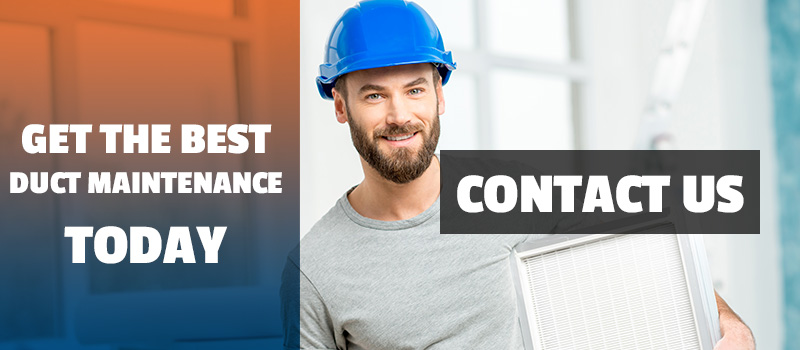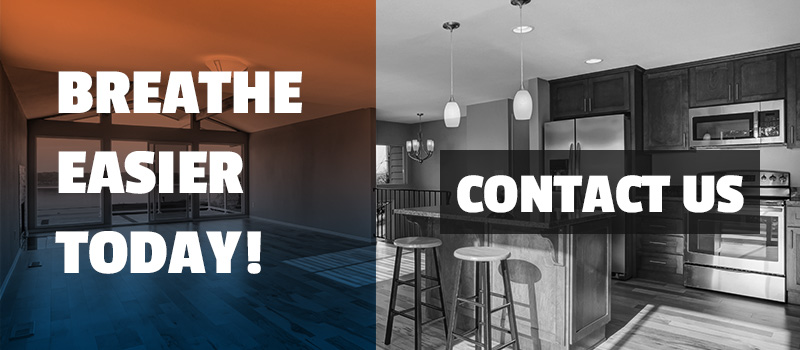As a species, we used to spend a lot of our lives outside, breathing the outside air. Windows and insulation weren’t that great (if you had any), so you pretty much breathed outdoor air whether you were indoors or not. This is not the case any longer! Another thing that has changed since the old days is air quality. The evolution of industrial processes has put a lot of toxins in our atmosphere, and the “fresh air” we breathe deep when we step outside isn’t always that fresh. All that being said, we now seal up our homes and business so well, the air inside them can get very unhealthy.
Florida air is very humid, and reaching comfortable levels of humidity in your home or business can be difficult. Additionally, dirty, contaminated indoor air can erode your health and make life miserable. Most people don’t even know air quality is responsible for their struggles. However, there are things you can do to ensure that your air stays comfortably humid and healthy to breathe. In today’s blog, we want to explore humidity and give you some tips for finding comfort.
WHY IS HUMIDITY IMPORTANT?
Correct humidity is about more than just comfort. It allows your HVAC system to work the best, keeping your home warm in the winter and cool in the summer. Generally, comfortable humidity levels are between 30 and 50 percent. Optimal levels range from 45 to 55 percent. Anything above 55 percent humidity is going to be too much. Incorrect humidity levels can make a home difficult to live in, damage the house itself, and hurt your health.
HOW DO YOU KNOW HUMIDITY LEVELS ARE OFF?
As we said, dealing with humidity is just part of living Florida. However, it is possible to have too much or too little humidity in your home. Each over-calibration comes with a unique set of symptoms:
TOO MUCH HUMIDITY:
- Wet insulation
- Growth of mold
- Uncomfortable sleeping
- Mugginess
- Rotting woodwork
NOT ENOUGH HUMIDITY:
- Itchy, dry skin and hair
- Damaged electronics
- Static electricity (the cause of the above)
- Thriving viruses and germs
- Chipping paint
- Vulnerability to respiratory illness and colds
- Damaged wood floors and furniture
WHAT CAN BE DONE TO FIX THE PROBLEM?
If your humidity isn’t right, there are things you can do to improve the situation.
- If your humidity is too high: Invest in a dehumidifier. It will regulate your home’s moisture levels and keep them in a good place for you. You can also install exhaust fans in your laundry room, kitchen, and bathrooms to move humidity outside your home. Just make sure the fans don’t pipe up into your attic!
- If your humidity is too low: Install a humidifier in your system. You can also put one in your room, use a spray bottle, and/or add plants around the place to boost the humidity even more. You’ll sleep better, avoid respiratory infections, and enjoy better skin.

ARE THERE LEVELS OF HUMIDITY THAT ARE BETTER DURING DIFFERENT SEASONS?
Summer: Summer is all about removing humidity, especially in Florida where we have more moisture than we want sometimes. Dehumidifying the air will make your home more comfortable, prevent mold growth, and help your HVAC system function better. You’ll be able to set your thermostat a bit higher and save on energy bills!
Winter: Generally, you want to add humidity during the winter, when things can get very, very dry. Cold air can’t hold as much moisture, and even if it gets heated up by your HVAC system, it’s still dry. Adding humidity will help you avoid those winter colds and recover faster when they hit you. Again, you can add houseplants to boost the humidity a bit more.
Managing humidity across an entire home can be a significant challenge, and getting advice from professionals can give you the confidence you need to move forward. At DUCTZ, we are intimately familiar with the challenges of living in Palm Beach. We uphold NADCA standards and have the capability to perform full air quality testing and air duct cleaning. We are here to ensure that your home or business is comfortable and healthy all year long. Our courteous and knowledgeable team is proud to provide the best air duct and air conditioning maintenance in South Florida. Contact us today!
